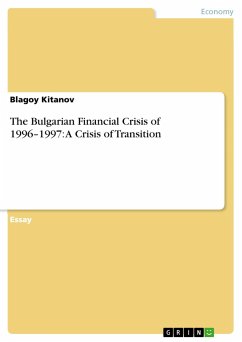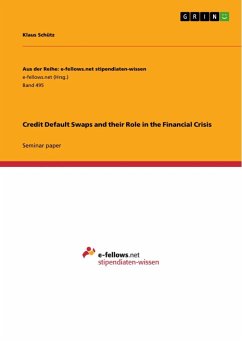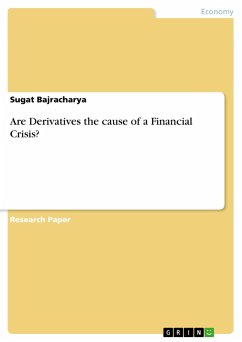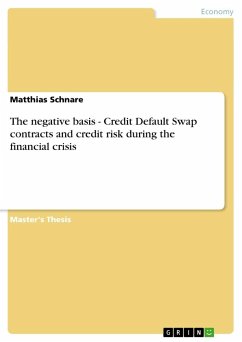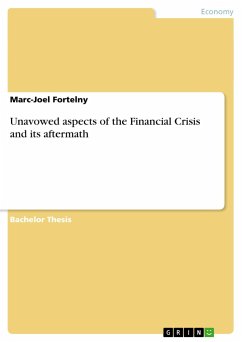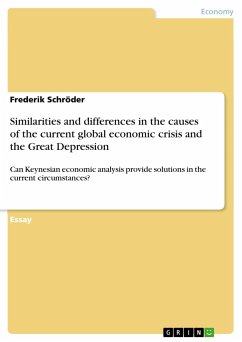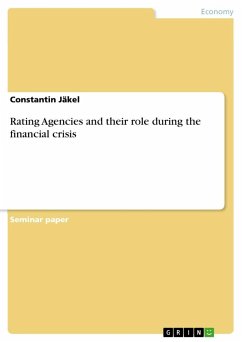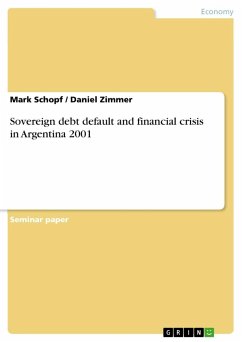Essay from the year 2009 in the subject Economics - Economic Cycle and Growth, grade: A, Central European University Budapest, language: English, abstract: Since the fall of communism in the end of 1989 Bulgaria has been experiencing severe economic difficulties. In 1996 the problems of the country's transition culminated in one of the most severe banking and currency crises in Eastern Europe - the Bulgarian financial crisis of 1996-1997. The main objectives of this paper are to outline the structural vulnerabilities that led to the crisis, to identify the key characteristics of the "twin" crisis and to analyze the rent-seeking nature of Bulgarian transition.I will argue that the crisis was an outcome of a moral hazard problem in the Bulgarian economic agents' behavior and the inadequate and unsustainable policies of the government in the period 1990-1997. The legacies of state-controlled economy were too slow to be overthrown and structural reforms were by and large not implemented up until 1997.
Hinweis: Dieser Artikel kann nur an eine deutsche Lieferadresse ausgeliefert werden.
Hinweis: Dieser Artikel kann nur an eine deutsche Lieferadresse ausgeliefert werden.

